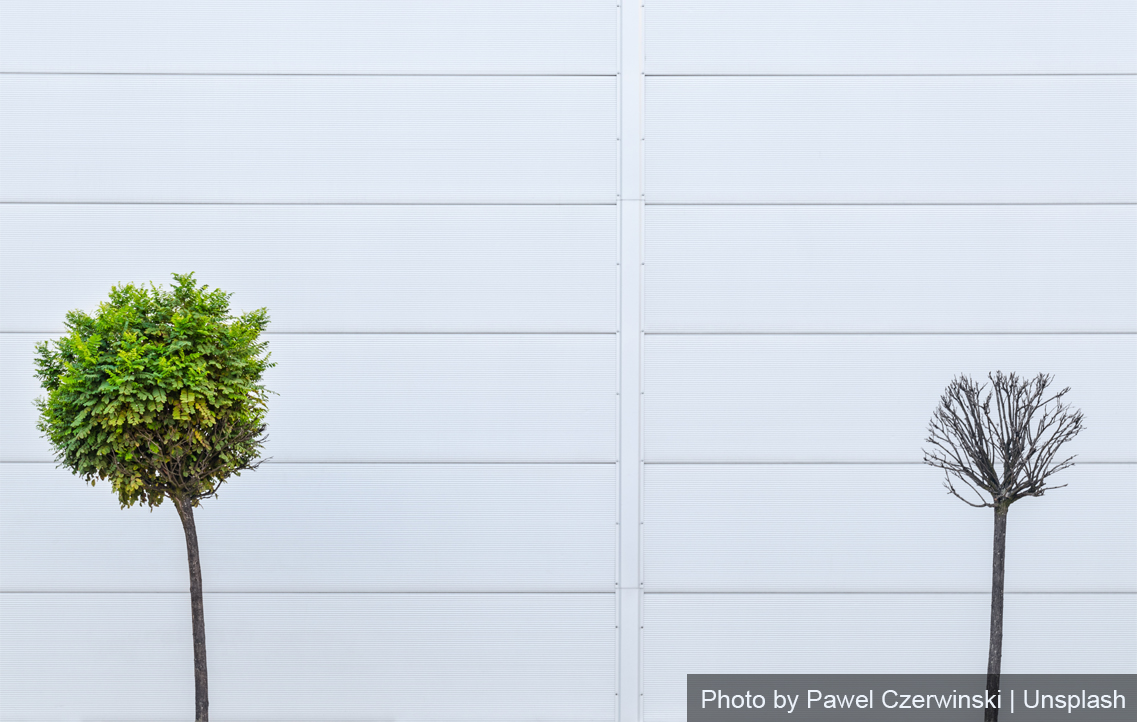
A moving article by the Indian writer Aman Sethi appeared in The New York Times recently. It spoke of a priest who, while walking among corpses gathered at Delhi’s Ghazipur crematory, proclaimed that death is the only truth. Unmasked, the priest was unafraid of his own death even amidst the fatal evidence of the second wave of the coronavirus pandemic in India.
I respect his devotion to the dead, but I disagree with his reason for devotion: that death is the only truth.
Death is not the only truth.
Logically, nothing can die until it has first been born. Birth is the first truth. Hence, death cannot be the only truth.
Then, there are other truths. Consider love. A terrible medical oxygen shortage hit hospitals in India. Against that backdrop, in the state of Uttar Pradesh, 45-year-old Renu Singhal tried to revive her 47-year-old husband Ravi with mouth-to-mouth resuscitation. He died in her arms. A husband is much more than death when his wife braves a contagion in a desperate attempt to save him. She lives on.
In the same Indian state, 70-year-old Tilakdhari Singh carried the body of his wife, Rajkumari Devi, on a bicycle for cremation elsewhere after villagers refused to help him perform the last rites out of fear that they might contract the virus. Even young men would find it difficult to keep their balance while carrying a corpse on a cycle, and Tilakdhari is but a frail husband. His wife’s body fell off the cycle. He sat by the roadside with his head in his hands. A policeman saw him and informed his superiors. Rajkumari’s last rites followed.
A wife’s death is not the only truth. A husband, a bicycle and a policeman are greater truths.
These are personal truths. There are social truths as well.
Even as life-saving oxygen cylinders in India were being sold on the black market at as much as 30 times their actual price, many Delhi gurdwaras, places of Sikh worship, offered free oxygen to everyone.
Gurdwaras are known to run langar, or communal free kitchens, for all irrespective of faith. Their “oxygen langar” are helping stricken Indians breathe. Just as food and water, Breath while it lasts is greater than death when it comes.
Death cannot be the only truth.
While death is as old as time, the coronavirus pandemic has revived the social significance of worldly demise in contemporary times.
COVID-19 enjoys a sturdy philosophical lineage. The plague that struck Athens in 430 BC killed nearly a third of the population. Belief in the gods disappeared, fear of worldly laws vanished, and the desire for property became comically irrelevant. Athenians sought to live as best as they could before it was their turn to die, as they must.
The philosopher Epicurus mocked death itself, proclaiming that the “most terrible evil, death, is nothing for us, since when we exist, death does not exist, and when death exists, we do not exist”. In other words, humans should not measure their lives by the approaching certainty of their end but judge themselves by how they are navigating their passage through time. Death is nothing more than the fear of death. Life is nothing less than the love of life.
How can death be the only truth?
Here in Singapore, the re-entry of a coronavirus outbreak on the back of an Indian strain this year, following COVID-19’s provenance in China last year, has reignited among some fears of a kind of foreign peril appearing at the nation’s borders. Fears of a prolonged lockdown, job losses and social dislocation are normal. So is the ultimate fear of death.
Yet, death is not the only truth. Life intervenes between non-existence and death. Here and now, Singaporeans need to celebrate the lessons of people fighting off death elsewhere. Whether in India, China or elsewhere, death is a reality.
But it is not the only one. Indeed, it is a secondary reality. Life comes first. Without life, death is not possible.
The author is co-general editor of the Singapore Chronicles series published by IPS and The Straits Times Press.
Top photo from Unsplash.
